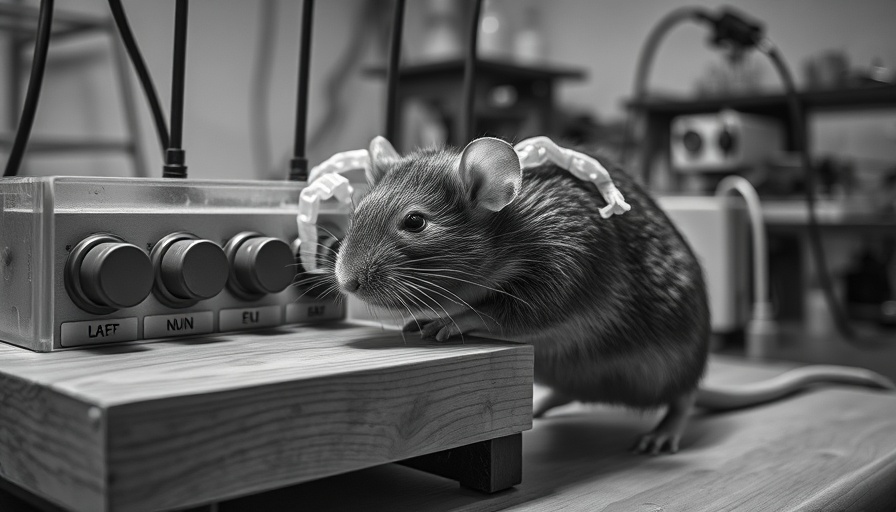
Understanding the Social Media Experiment
In today’s digital age, many of us engage daily with social media platforms. It seems innocent enough, a way to connect with friends and family, share updates, or discover new interests. However, a deeper look raises critical questions about how these platforms manipulate our behavior and the potential consequences of these digital interactions. Are we unaware participants in a grand social media experiment?
The Mechanics of Engagement
Numerous studies underscore how social media algorithms are tailored to capture our attention more effectively. Platforms like Facebook, Instagram, and TikTok utilize complex algorithms designed to prioritize content that sparks strong emotional responses. We often encounter posts that we agree with or that pique our interest, making us more likely to like, comment, and share. This engagement fuels a cycle where our online behavior feeds into what the platforms decide to show us, ultimately reinforcing our existing beliefs and preferences.
What Researchers Say About Social Media Impact
Researchers have increasingly voiced concerns about social media’s effects on mental health and societal discourse. A pivotal study published by the American Psychological Association highlighted the correlation between heavy social media use and increased anxiety, depression, and loneliness among users. As we scroll through curated highlights of others’ lives, it can lead to negative self-comparisons and a distorted view of reality. Are these platforms, therefore, creating a feedback loop that amplifies our insecurities and biases?
Potential Harms and Ethical Concerns
Beyond mental health, there's a critical ethical dimension to how social media companies manipulate user data for profit. Much of what we engage with online is meticulously tracked, evaluated, and used to drive targeted advertising. This has raised alarms concerning privacy and how much control users have over their own data. Are we merely products in a transaction-based economy, commodified for likes, shares, and ad revenue?
Exploring Solutions and User Empowerment
Despite these concerns, users can empower themselves to enhance their social media experience. The importance of digital literacy cannot be overstated. By understanding algorithms and being critical of the information presented, individuals can intentionally curate their feeds and minimize negativity and bias. Additionally, many platforms are rolling out features that allow users to control what information is prioritized, which can obstruct harmful trends.
Future Predictions: Social Media's Evolution
Looking ahead, the landscape of social media is likely to undergo significant shifts towards transparency and user-centric design. As digital privacy becomes increasingly scrutinized, social media companies might be compelled to adopt more ethical standards, fostering environments that prioritize user well-being over profit. But the responsibility will also lie with users to remain informed and proactive about their engagement with these platforms.
Take Action and Stay Informed
The exploration of whether we are subjects in a social media experiment prompts an important conversation regarding our digital practices. As we continue engaging with these platforms, it’s crucial to reflect on the implications of our online behavior and to advocate for better practices from the companies that govern our social interactions. To take a step forward, consider booking your brand voice interview now—explore how you can develop a mindful approach to your social media presence and interaction.
 Add Row
Add Row  Add
Add 




Write A Comment